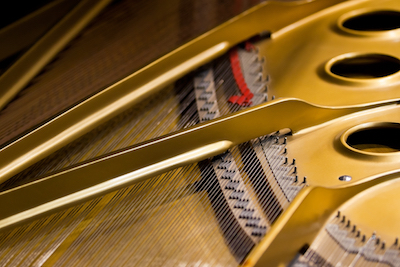There’s something special about music. It relaxes us. It motivates us. It inspires us. It can take us instantly back to a place and time in the past.
Every culture has a unique connection to music. Every person has a life interwoven with the music that has been introduced into their lives. From the time we’re tiny infants, we associate music with some of the best times of our lives. 
- Like a young mother singing softly to her infant.
- A group of teenagers bonding over a song.
- A bride and groom dancing and creating a memory.
That’s why music therapy is a growing field. This type of therapy can be used to help an individual that suffer from mental or physical ailments or disorders. All levels of musical experience are incorporated into music therapy, from listening to playing to writing. Music therapy has been found to help with illnesses and disorders such as:
- Depression
- Anxiety
- Grief
- PTSD
- Cognitive issues
- Autism
- Alzheimer’s
- Dementia
- Heart disease
- Seizure disorders
- And more.
Music affects feelings and emotions. Listening to certain songs, for example, can bring a person back to a time and a place they remember fondly. And when you listen to the right song, it can have subtle effects on our bodies. For instance, the right music can temporarily lower blood pressure and heart rate. It’s also been found to cause the brain to release less cortisol, a hormone that has been dubbed the “stress hormone.”
Music therapists often start out their careers with a love of music. They’ve developed strong music skills early on, and music therapy is a great way to continue learning more about how it impacts our lives. Most start their careers with a degree in music therapy, though many branch out and grow with master’s degrees as well.
Have you considered starting your child on the path to success with music? Piano lessons are a gift that can keep on giving for many years to come.

